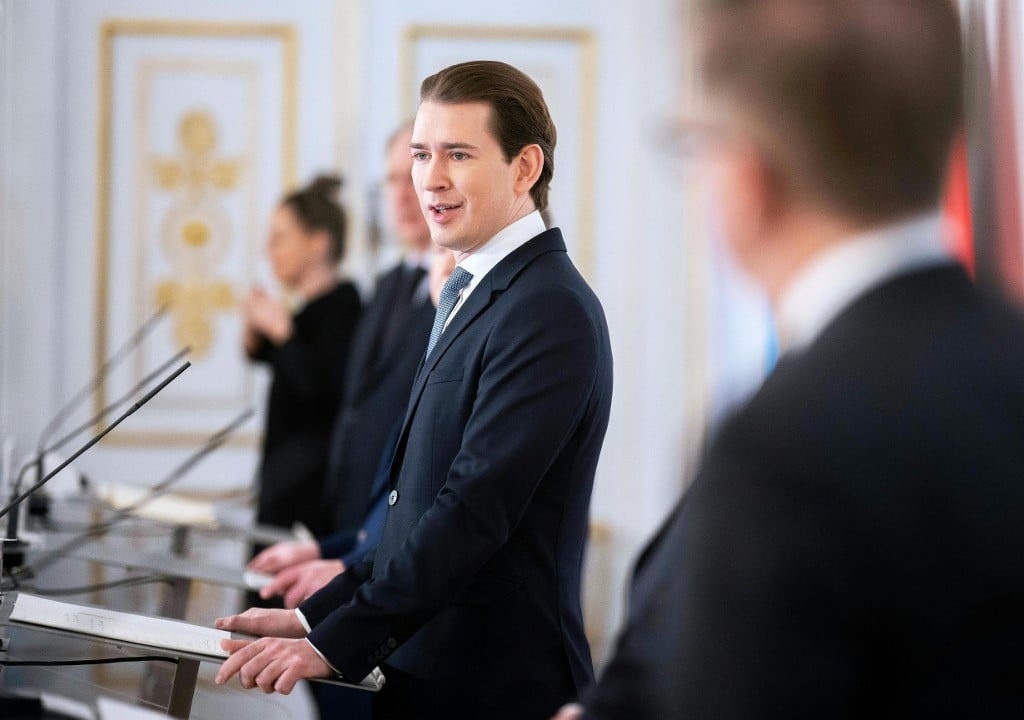“It's about getting a safe vaccine as quickly as possible, never mind who makes it,” he told German weekly Welt am Sonntag.
“Austria would certainly try to make production capacity available at appropriate national firms if the Russian and Chinese manufacturers secure approval and are produced in Europe… just like manufacturers from other countries.”
Kurz also said he would himself be prepared to receive the Russian vaccine if it is approved.
READ ALSO: Free coronavirus tests to be available at Austrian pharmacies from Monday
“The only important thing is their effectiveness, their safety and their swift availability, not geopolitical struggles,” he said.
Russian-EU relations have suffered in recent weeks over the jailing of leading Kremlin opponent Alexi Navalny, after he returned to Russia from Germany where he was treated for poisoning with a Soviet-designed nerve agent.
German Chancellor Angela Merkel has also said Sputnik V could be used in the EU, after data published this week in leading medical journal The Lancet pointed to high levels of effectiveness for the Russian shot.
And she has pointed to how “Serbia is vaccinating faster” than other European countries “with the Chinese vaccine”.
So far the EU has authorised Covid-19 inoculations from Pfizer/BioNTech, Moderna and AstraZeneca.



 Please whitelist us to continue reading.
Please whitelist us to continue reading.
Member comments